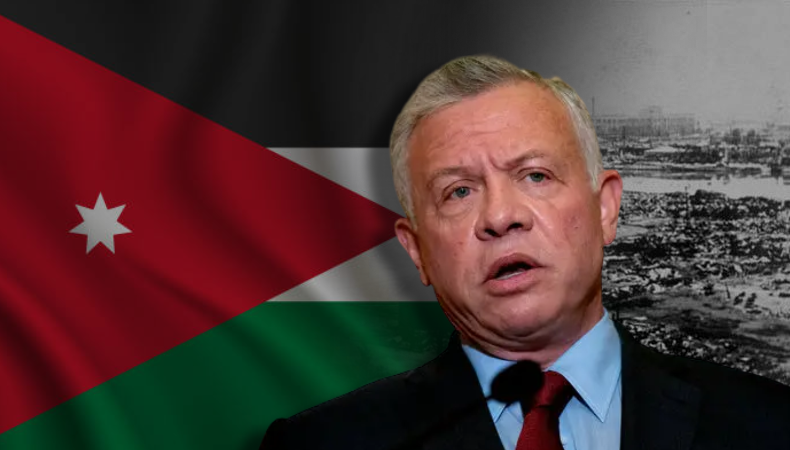Is monarchy weakening the administrative strength of Jordan?


The suggested reforms are also going to decide about the powers that the king will get within the executive branch. The parliament described how different types of changes will affect the proceedings of the country, especially talks regarding making a parallel executive, legislative branch of the government.
Even though many were positive about certain changes, few of the top officials–MP Salah Armouti, former head of the Jordanian bar, and Mamdouh Abadi, former Amman mayor and deputy prime minister–were not with the changes. According to them. These were extremely ‘necessary amendments’.
As per the recent changes in consideration, Jordan’s monarch will be allowed to appoint or to fire the chief justice, who is the head of Sharia court. Not only this but the country’s ruler can also fire the general mufti, the head of the Royal Hashemite Court and advisers. These powers will be given in addition to the army control that the King already has.
In the past, all these decisions were taken upon discussions with the Prime Minister as they were the ones who were responsible for handling administrative matters. It is important to understand that on one hand, civilians of the nation might be looking at an opportunity to jump the guns to demand democratic point of view for themselves and on the other hand, the parliament is suggesting measures to make it a one sided commitment for the King.
These amendments will take development back by many decades. One of the experts dealing with the democratic governance called these amendments uncalled for and stressed that it will only lead people further distrusting the government for personal matters.
As civil society activists, we reject these amendments, which reflect a paternalistic attitude in terms of who can decide on important security and foreign relations issues,” he added. In a way, these decisions are suggesting that the government body or the administration is not able to take decisions to lead the nation and need support of the King even for matters concerning the nation.




